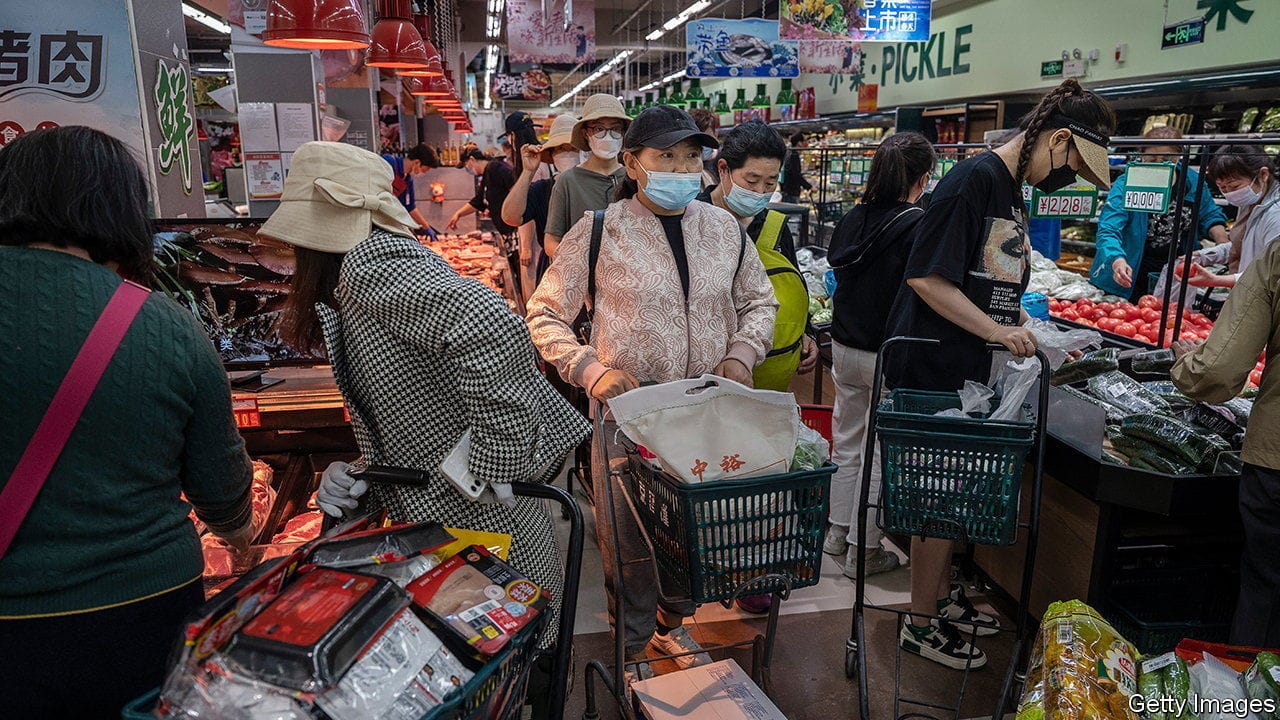- by Yueqing
- 07 30, 2024
-

-
-
Loading

Loading


IT IS EASY to forget that the world’s second-biggest economy is still an emerging market. China’s global clout, its technological prowess in certain fields, and even its low bond yields all distinguish it from the typical member of its asset class. But in at least one respect China resembles a classic emerging market: it retains a palpable fear of floating its currency. Instead China keeps a close eye on the yuan’s value against the dollar and a basket of its trading partners’ currencies, limiting any sharp movements.For most of the past year, it worried that the yuan would float too high. China’s largely successful efforts to stamp out the early variants of covid-19 kept its factories open and its borders closed. That allowed its exports to boom, putting upward pressure on the yuan, even as outbound tourism and other services imports suffered, removing a source of downward pressure. The yuan rose sharply against the basket of trading partners’ currencies and gently against the dollar, which was itself strong.